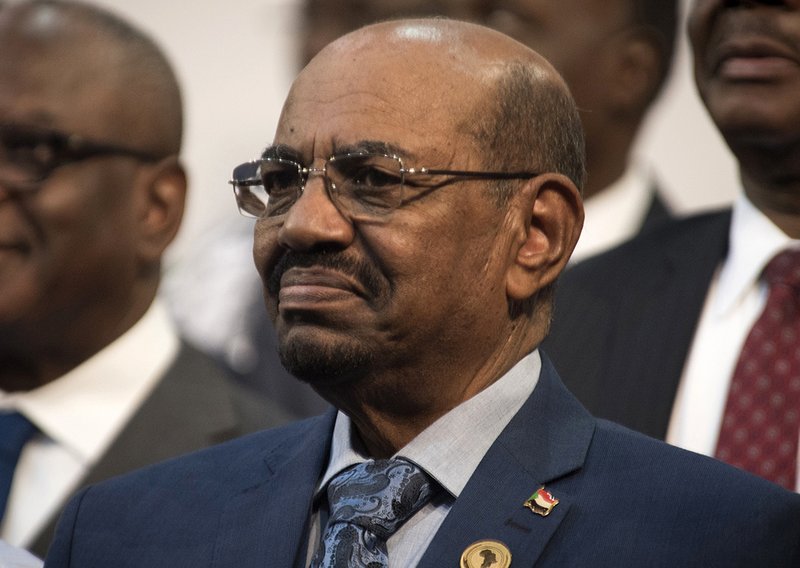JOHANNESBURG -- A South African court ruled Wednesday that the government's decision to withdraw from the International Criminal Court without Parliament's approval was unconstitutional. The country had been set to become the first to leave the tribunal that prosecutes the world's worst atrocities.
A High Court judge instructed the government to revoke its notice of withdrawal from the international court, which is based in The Hague, Netherlands.
"South Africa does not want to be lumped together with pariah states who have no respect for human rights," the Democratic Alliance -- South Africa's main opposition party -- said in a statement Wednesday. It is that party that took the matter to court.
"What is so pressing for the national executive about the withdrawal ... which cannot wait for our legislative processes to take their course?" the court's ruling said. "Government respondents have not provided any explanation for this seemingly urgent need to withdraw from the Rome Statute" that created the tribunal.
A government statement said it would "reflect on the judgment" before deciding whether to appeal.
South Africa's withdrawal announcement last year followed a 2015 dispute over a visit by Sudanese President Omar al-Bashir, who is wanted by the International Criminal Court for alleged war crimes, crimes against humanity and genocide in Darfur. Al-Bashir was allowed to leave South Africa even though a local court ordered authorities to arrest him.
Under the Rome Statute, signatory countries are legally obligated to arrest anyone sought by the International Criminal Court. South Africa said the treaty contradicts its diplomatic immunity law and prevents the country from acting as a regional peacemaker, a role that could require it to host adversaries on its own soil.
The government previously said a withdrawal bill would go to Parliament, where the ruling African National Congress party has a majority and likely would approve it. However, the court's ruling could delay the process, and some legal experts speculate that the government might reconsider dropping its withdrawal ahead of the next presidential elections in 2019.
South Africa had notified the United Nations secretary-general that it would withdraw from the treaty that created the International Criminal Court, alarming international human rights groups and raising fears of an African exodus from the court, which has more than 120 member states.
Some African countries have argued that the court has unfairly targeted their continent and have instead advocated strengthening their own institutions to deal with threats to human rights. All but one of the court's full-scale investigations are in Africa.
A country's withdrawal from the court becomes effective a year after formally notifying the U.N. chief. In South Africa's case, that is expected in October. It was not immediately clear whether the court ruling has stopped the clock on that process.
A Section on 02/23/2017
